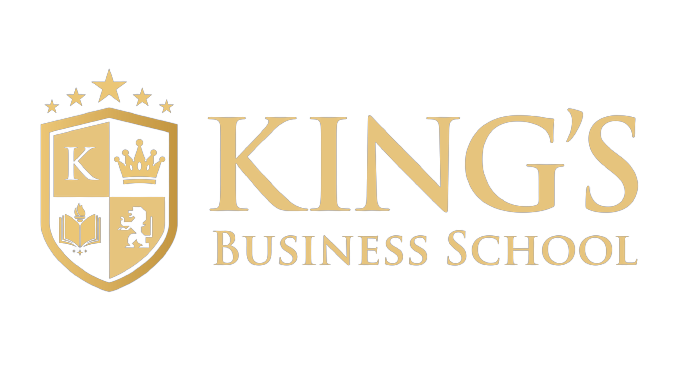Experiential learning is an integral part of the MBA programs. One of the recent surveys conducted by MBA Roundtable also shows that more than 90% of the MBA programs tend to include at least one project-based opportunity for experiential learning.
Also designed to enrich the MBA course module, experiential learning also allows many individual candidates to tailor their programs as per their interests and needs. The candidates can avail themselves of many opportunities and will enable them to gain exposure in the new industries and explore new business in the country. Experiential learning persuades candidates not only to learn theoretically and to execute into practice what they have learned in the classrooms. It enables them to build the readiness and confidence required for growing their careers.
The diversified benefits for experiential learning can enhance many important skills in students for example career readiness, increasing employability, increased academics, improved civic consciousness, self-confidence, interpersonal and professional skill development, etc.
One size never fits all:
The experiential learning beauty is that the students can choose their opportunities to prepare them for their career and the sector they want to pursue shortly. Students should practice asking themselves about experiences, skills, and how they can secure and stand out in the career they always wanted.
In management school, experiential learning has a lot to offer. Whether its a business competition, business simulation, special case-project, or international exchange, to polish your skills. Practicing practical knowledge is very much desirable in the long run.
International Exchanges:
He International exchanges impart the MBA candidates to travel abroad and attend partner institutions as a module for their degree. The applicants often provide benefits for gaining cross-cultural skills, broadening perspective, and increasing business understanding in a global context.
For the same many business schools have partnered with more than 20 business schools worldwide. These alliances enable the candidates to take upon the exchange opportunities both short-term and long-term.
Internships:
Internships provide students with the unique opportunity to apply for available positions with many external organizations. If they are hired, students can take ample opportunity to get out of the classroom and step into the real world to integrate their theory to understand and practice their business decision to avail actual outcomes.
Knowing about rapidly changing business sectors, the internships can be taken as a basic form of experiential learning. Allowing candidates to gain insights into the workplace’s increasing demands and prepare themselves for gaining valuable industry experience.
Field Work:
The students in MBA courses explore unique opportunities to get out of their classrooms. And explore the newest skills by attending further education in training institutes. The training institutes offer students expertise and skills to know themselves as a leader. They can also enhance their professional performance in global platforms.
The experience is revolutionary as students participate in many outdoor learning activities and various other adventure-oriented programs. The programs can be multiple arts of dance, water or adventure activities, wilderness retreat, etc.
Case studies
Case studios are very much important in any MBA course modules. Solving them allows students to encash the opportunity to understand real business issues. Knowing about real-life situations in any workplace is known for providing valuable experience to the students.
At management institutes, the candidates can participate in case studies and have group discussions on various situations to understand the corporates better. Joining a fiercely competitive team for competing for real-life business cases can cover many business scenarios. However, it can help people with the opportunities to expand their network with professionals and students across the world.
The business schools schedule the case study activities and divide the students into teams, work under a particular timeline for a few hours to offer recommendations about the business problem, and present their findings in front of an expert panel.
To know about the real-world business experience, the students can learn well by working in teams. Therefore these types of activities are included in the course curriculum for students to polish their communication skills, and enhance their analytical skills.
For any student studying in MBA, extracurricular activities are critical as they allow group interactions and work in teams. These activities help students to gain insight into their future workplaces and know about their career opportunities.
Experiential Learning in Business Schools:
Ensure learning to be an important part of your life. And enroll yourself to an MBA program known for its capabilities to train students in experiential learning. The MBA program can be full-time, part-time or executive. Students can choose as per their career they are looking forward to. If you are a professional you can look for fast track MBA, part-time or executive MBAs to enhance your skills. However there are many institutions around the world offering similar courses. But, choose the one that has a good academic record and has been proficient in training students with similar records.
Lastly do try to integrate experiential learning in your academics to learn and rise high in your life.





